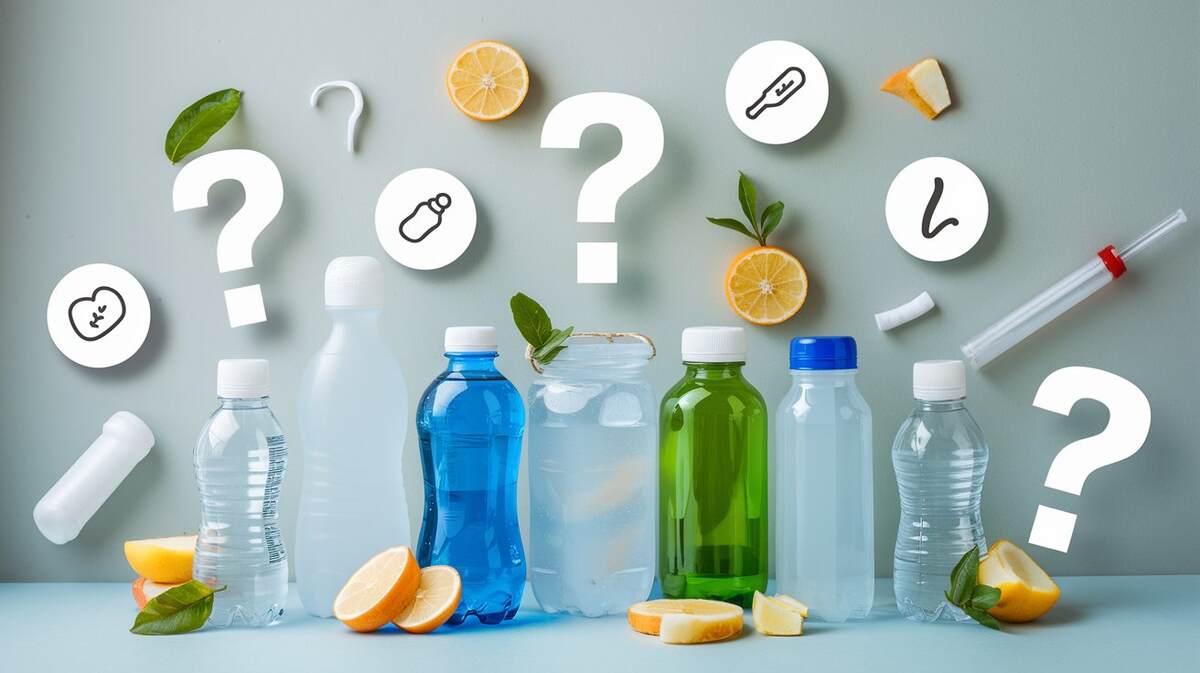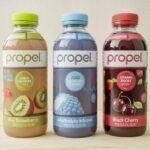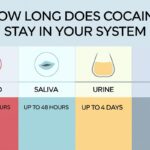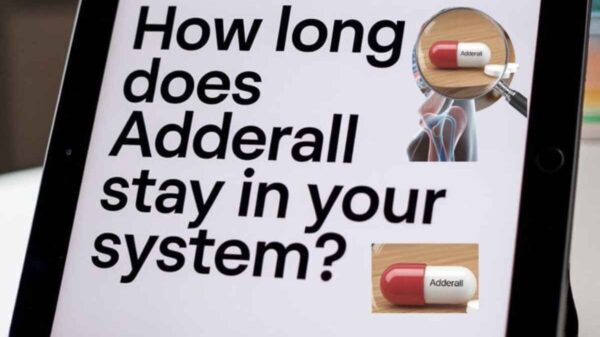You’ve probably seen it on store shelves: a brightly colored bottle of vitamin water promising hydration, added vitamins, and electrolytes to support your health. It’s marketed as a healthier alternative to sugary sodas, but is it as good for you as it seems? Is vitamin water a great way to stay hydrated, or could it do more harm than good?
This article will explore what’s inside vitamin water, its potential benefits, and the hidden risks you might not be aware of. By the end, you’ll have a clearer understanding of whether vitamin water belongs in your daily routine—or if there’s something better for you.
What’s Inside Vitamin Water? The Truth Behind the Ingredients
At first glance, vitamin water seems bright: water with a twist. But the reality is a bit more complicated. Most vitamin waters, including popular options like Propel, contain more than just water and flavor. Here’s what you’ll typically find:
- Vitamins and Minerals: Essential nutrients like Vitamin C and Vitamin B12, as well as electrolytes like potassium and sodium, are often added. But do these added vitamins make a difference in your health? Is it enough to replace a balanced diet?
- Sweeteners: Here’s the tricky part. Some versions are sweetened with artificial sweeteners like stevia or sucralose, while others contain added sugars. The sweetener you choose can drastically affect your drink’s calorie count and overall healthfulness. So, are you making a healthy choice?
- Electrolytes: For those who are active, electrolytes are a great addition to replenishment. But could consuming too many electrolytes through vitamin water cause more harm than good? The truth may surprise you.
Are these ingredients genuinely beneficial, or could they be masking hidden risks?
The Benefits of Vitamin Water: What’s the Catch?
Vitamin water provides several key benefits that make it an attractive choice for many individuals, particularly those seeking to stay hydrated while enhancing their nutrient intake. But are these benefits all they’re cracked up to be?
- Convenient Hydration: Let’s face it—plain water can sometimes feel a bit… boring. Vitamin water offers an easy way to stay hydrated, especially on the go. But is it the best option for everyone, or are there more effective, natural ways to hydrate?
- Added Nutrients: From Vitamin C to magnesium and calcium, the added nutrients in vitamin water are a draw for people looking to supplement their diet. But can a bottle of flavored water replace the benefits of fresh fruits and vegetables, or are you better off getting these nutrients from whole foods?
- Zero-Calorie Options: Many vitamin waters, like Propel, offer a zero-calorie or low-calorie version, making it an appealing option for those looking to stay hydrated without consuming extra calories. But does the absence of calories and sugar mean you’re sacrificing taste or health benefits?
So, while vitamin water has several health benefits, is it the best solution for your hydration needs? Or are there hidden concerns you should know about before making it a regular diet?
Why You Should Be Cautious
Before you make vitamin water your go-to beverage, it’s essential to understand the risks & potential downsides that come with it. Is these seemingly healthy drinks possibly doing more harm than good?
- Excessive Sugar Content: Even if you opt for the “healthier” versions, some vitamin waters still contain a surprising amount of sugar. Did you know that some bottles contain more sugar than a can of soda? This excess sugar could be contributing to weight gain, spikes in blood sugar, or an increased risk of chronic conditions like diabetes.
- Artificial Sweeteners: You’ll likely encounter artificial sweeteners if you choose the sugar-free or low-calorie versions. While generally considered safe, the long-term health effects of these sweeteners are still debated. Do they help with weight loss, or could they have unintended consequences?
- Overconsumption of Certain Nutrients: Vitamin water may give you a quick boost of vitamins and electrolytes, but could consuming too many of these added nutrients lead to adverse effects? Overdosing vitamins and minerals, especially when combined with a diet already rich in nutrients, can cause unwanted side effects. Could you be overdoing it without even realizing it?
- Not a Replacement for Whole Foods: While relying on vitamin water for your nutrient fix may be tempting, it’s crucial to remember that no beverage can replace the benefits of a well-rounded diet. Are you using vitamin water as a quick fix or neglecting the whole foods your body needs?
Who Should Consider Vitamin Water?
If you’re constantly on the move, struggling to stay hydrated, or looking for a little extra nutritional boost, vitamin water may offer some benefits. But before you grab that bottle, it’s worth considering whether it’s the best option for your lifestyle. Should you reach for a flavored beverage when plain water might be just as adequate?
Is Vitamin Water Right for You?
At this stage, the question remains: Is vitamin water good for you? The answer isn’t as simple as it might seem. It depends on your health needs, dietary goals, and personal preferences. While vitamin water offers hydration and some added nutrients, it comes with its considerations.
So, is vitamin water the solution to your hydration needs? Or are there better, more natural ways to hydrate and supplement your diet? Let’s move to the next stage to find out how to optimize your hydration and nutrition.
Ready to Explore Your Options?
If you’re intrigued by the potential benefits of vitamin water but unsure about which option is best for you, stay tuned for Finding Solutions with Vitamin Water: Benefits, Features & Top Picks. We’ll dive deeper into practical solutions and help you navigate the different types of available vitamin water and hydration options. Whether you’re looking for a low-calorie option or something more nutrient-dense, we’ll guide you through your choices to find the best fit for your needs.
Key Players in the Vitamin Water Industry
As you explore your hydration options, you may encounter several key players in the market. One of the most recognized names is Propel, known for offering zero-calorie, electrolyte-infused hydration drinks designed to support active lifestyles. While Propel is one of the most well-known brands, there are other choices on the market, each with unique offerings.
While we won’t dive into specific product recommendations yet, it’s helpful to know that brands like Propel are widely regarded for their focus on fitness and hydration, making them a popular choice for those seeking electrolyte-rich beverages. But before committing, you must understand which options best suit your health goals and preferences.

















